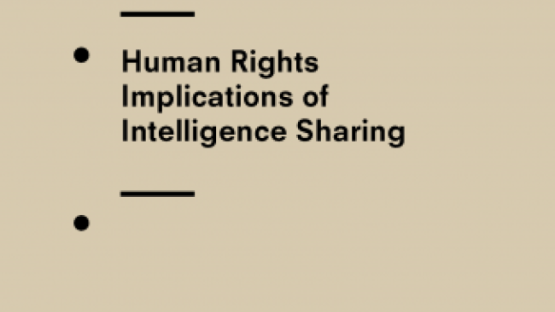Briefing to National Intelligence Oversight Bodies on the Human Rights Implications of Intelligence Sharing

On 13 September 2017, Privacy International, in partnership with 30+ national human rights organisations, launched an international campaign for greater transparency around secretive intelligence sharing activities between governments. As part of this campaign, PI wrote to national intelligence oversight bodies in over 40 countries seeking information about the intelligence sharing activities of their governments. PI has created an interactive map which illustrates the countries included in the campaign and the national intelligence oversight bodies contacted in each country.
PI also provided a briefing to national oversight bodies highlighting the international human rights implications of intelligence sharing arrangements between governments, with recommendations to increase transparency. Secret intelligence sharing arrangements may permit countries to circumvent international and domestic rules on direct surveillance and can lead to the exchange of information that can facilitate human rights abuses.
The countries written to include the Five Eyes Alliance, which is a secretive, global surveillance arrangement between the United States, the United Kingdom, Canada, Australia and New Zealand. The letter was also sent to nearly all of the countries forming surveillance partnerships that have grown from the Five Eyes: the Nine-Eyes (the Five Eyes plus Denmark, France, the Netherlands and Norway), the 14-Eyes (the Nine-Eyes plus Belgium, Germany, Italy, Spain and Sweden), and the 43-Eyes (the 14-Eyes plus the 2010 members of the International Security Assistance Forces to Afghanistan).
Specifically, PI and national human rights organisations seek more information about whether these national oversight bodies:
- Are informed about the intelligence sharing activities of their governments;
- Independently oversee the intelligence sharing activities of their governments;
- Can access all relevant information about the intelligence sharing activities of their governments;
- Can review decisions by their governments to share intelligence and/or conduct independent investigations into the intelligence sharing activities of their governments;
- Cooperate with other oversight bodies to supervise the intelligence sharing activities of their governments.
The oversight bodies have been given until 31 October 2017 to respond.



